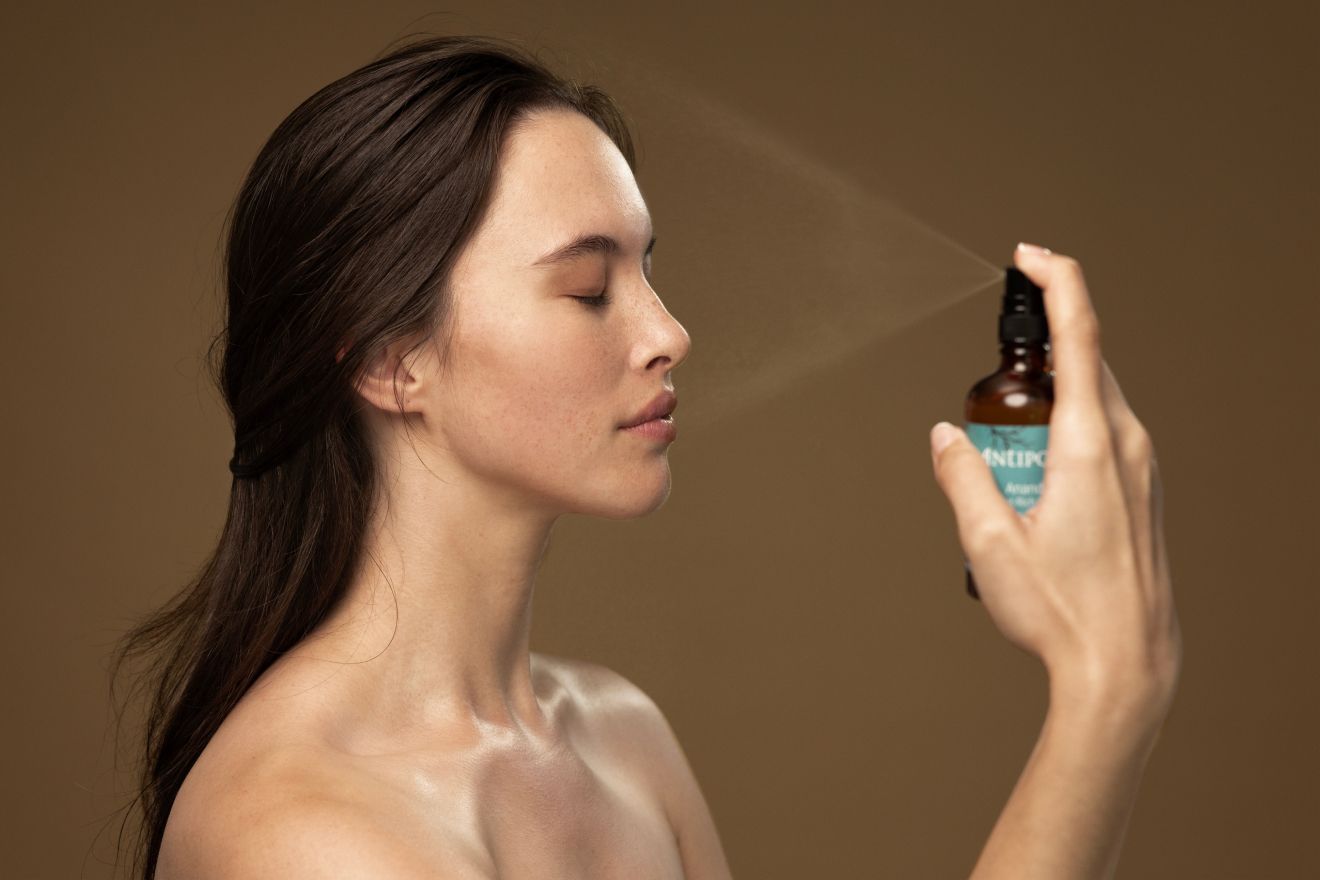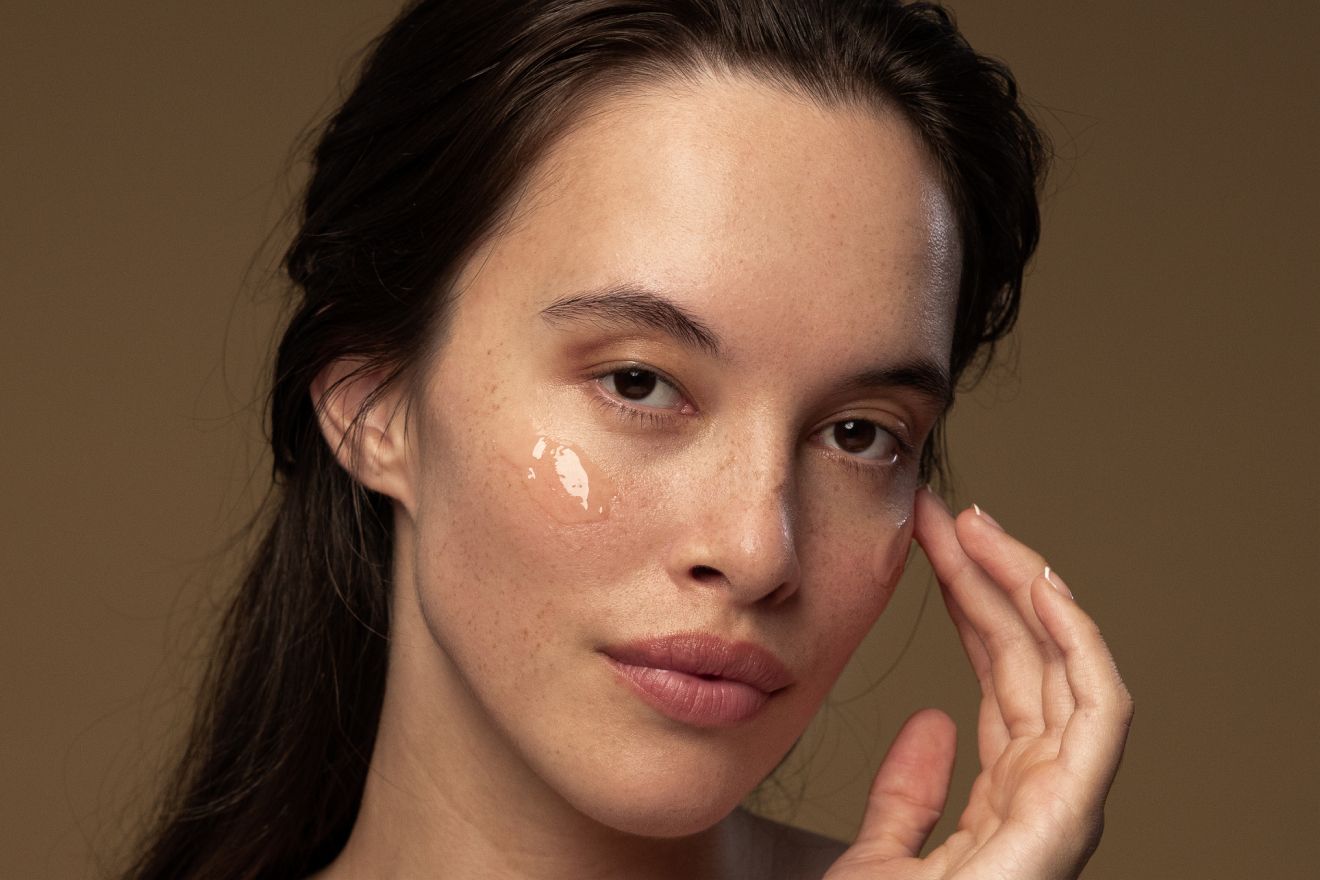
The best hydrating skincare for dehydrated skin
Our skin cells are mainly made of water, so skin needs hydration – and lots of it – to keep functioning properly and looking its best.
It’s a myth that drinking water can help hydrate your skin. There is no evidence that drinking more water has any positive impact on your skin’s hydration levels, or its appearance. Drinking water is good for overall health – so keep it up! – but it won’t rehydrate your skin.
Skin needs frequent hydration to keep it healthy, because it’s losing water throughout the day due to evaporation, physical activity, weather, and exposure to heating and air-conditioning
That’s why a Skin-Hydrating regime is essential, made up of natural moisturisers that combine water-boosting, nutrient-dense ingredients with scientific innovation to hydrate your skin.
How to tell if your skin is dry or dehydrated
It can be confusing to make a distinction between dry and dehydrated skin, and they can feel similar, so what’s the difference?
Dry skin is classified as a skin type, so it’s largely fixed. Dry skin occurs if your skin lacks natural oils, resulting in dry patches and flaky, irritated, and uncomfortable skin. Skin dehydration stems from a lack of water and is made worse by environmental factors such as weather and pollution.
It can show up as a lack of firmness, a dull complexion, and a rougher skin texture. Fine lines are more noticeable, because you lack the moisture that’s needed to plump the skin’s surface. For the same reason, dehydration can make dark circles under your eyes more prominent.

How to hydrate skin with Antipodes natural skincare
These three water-rich formulas combine to make the ultimate Skin-Hydrating regime, to target dry facial skin and promote a healthy, revived complexion.
Ananda H₂O Ultra-Hydrating Calming Mist is a refreshing treat for irritated, stressed, or dehydrated skin. Ananda is dermatologically approved for sensitive skin*, so it’s incredibly calming.
The certified organic and vegan toner can be spritzed over the face, neck, and décolletage whenever you need a hydration boost throughout the day, and it works well over makeup.
Ananda also gently primes skin. As the first step in a skincare routine for dehydrated skin, it better absorbs the skincare products to come, ensuring your skin receives optimal benefits from your serum and moisturiser.

The next step in a Skin-Hydrating regime is Maya Hyaluronic 72-Hour Hydration Serum, a silky-light organic serum that helps to reveal a plumped, supple, hydrated complexion.
Maya features cruelty-free plant hyaluronic acid and the innovative marine algae compound Pheohydrane, which is clinically shown to increase deep skin hydration for up to 72 hours**, making the hydrating serum an effective thirst quencher for dehydrated skin.

Baptise H₂O Ultra-Hydrating Water Gel features plant hyaluronic acid
As the final step in your Skin-Hydrating regime, Baptise Hyaluronic H₂O Ultra-Hydrating Water Gel bestows dry facial skin with an intense dose of rejuvenating moisture, leaving it hydrated and healthy.
Two of nature’s most powerful hydrators are at play in the light gel formula. Pure New Zealand manuka honey helps balance moisture levels and encourages a fresh complexion, while plant hyaluronic acid binds water at 1000 times its normal weight, to intensely hydrate.
Baptise has been clinically shown to increase skin hydration by up to 147% after two hours†.

Recommended products
Restore calm to dehydrated, stressed, or sensitive skin with this hydrating toner.
Target dehydrated skin
Quench dehydrated skin and foster a fresh, dewy appearance with this silky-light hyaluronic serum.
Target dehydration
Infuse thirsty skin with hydration and promote a dewy complexion with this hyaluronic gel moisturiser.
Target dehydration
Immerse skin in hydration as you sleep with this luscious-yet-light hyaluronic moisturiser.
Target dehydration
*Independent laboratory study: 50 women with sensitive skin, New York (2011). **Codif. †Dermatest Australia: clinical study of 10 women, ages 38-58 (2019).








